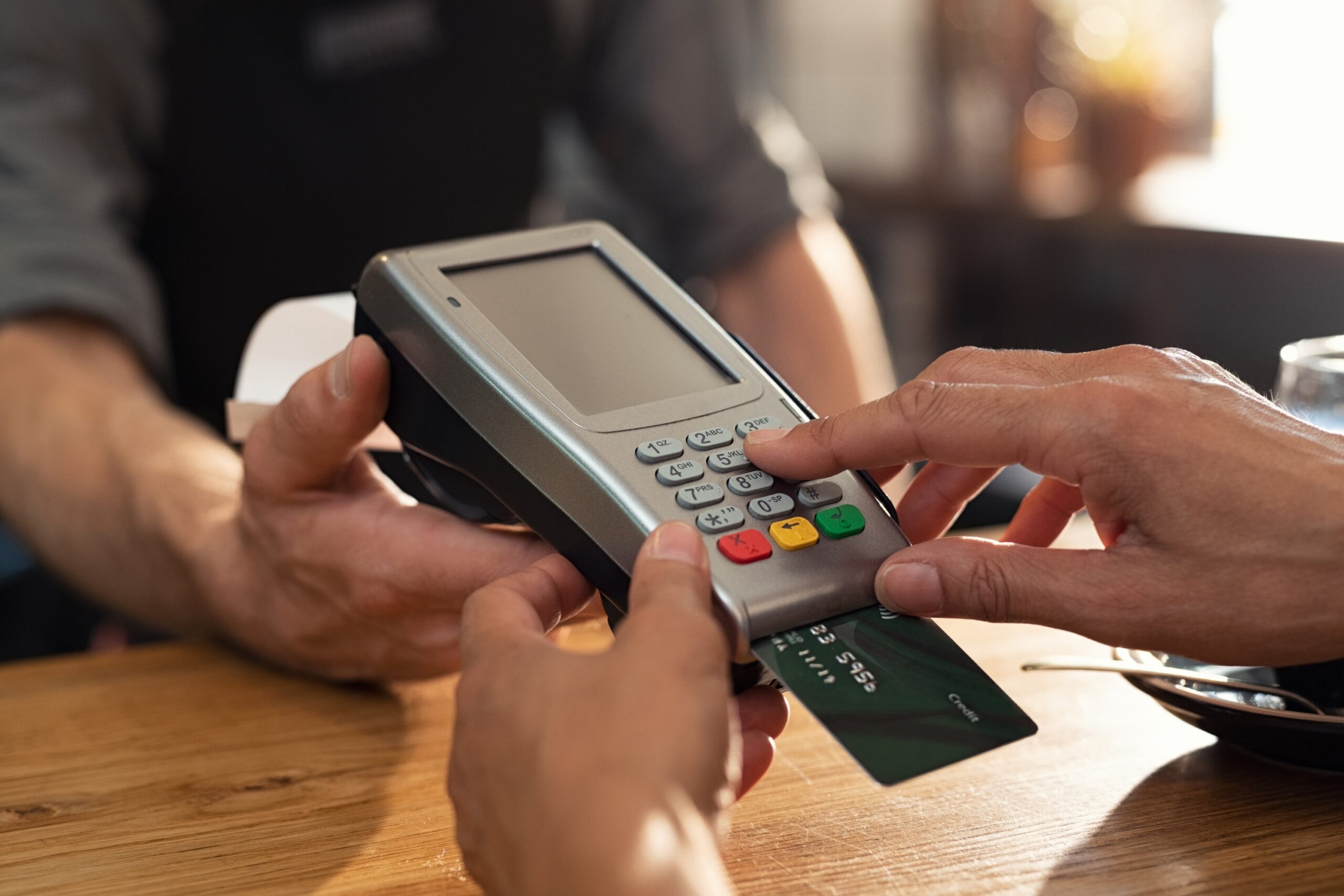In the digital era, the payment process has evolved, moving from traditional cash transactions to modern, cashless solutions. Every shop owner strives to ensure that the purchasing process is as smooth and enjoyable as possible for the customer. The payment process is an integral part of the shopping experience, which can significantly impact customer satisfaction and loyalty to the brand. In this article, we will explore how store owners can optimize the payment process to enhance customer satisfaction and, consequently, boost sales.
Modern Payment Methods
Many retail stores are now adopting a variety of payment methods to cater to the diverse preferences of their customers. Here are some popular payment methods to consider:
- Card Payments: Credit and debit card payments are standard in most retail stores. They are fast, convenient, and widely accepted around the world.
- Mobile Payments: Mobile payments, such as Apple Pay and Google Pay, are becoming increasingly popular, especially among younger consumers.
- Online Payments: For online stores, integration with online payment platforms such as PayPal or Stripe is crucial.
- Cryptocurrencies: Some stores are beginning to accept cryptocurrencies, such as Bitcoin and Ethereum, as a form of payment.
Introducing a variety of payment methods can help retail stores expand their customer base and meet diverse payment needs.
Payment Security
Payment security is a priority for both customers and store owners. Customers want to be assured that their financial data is protected, while businesses aim to avoid costly data breaches. Here are some security technologies that help protect the payment process:
- Payment Card Industry Data Security Standard (PCI DSS): This is a set of security standards designed to ensure that all companies that accept, process, store, or transmit credit card information maintain a secure environment.
- Tokenization: The process of converting sensitive data into a unique identifier that has no value outside of a specific system.
- Encryption: Encrypting data during transmission between the point of sale and the payment processor can significantly reduce the risk of data breaches.
- Two-Factor Authentication: An additional layer of security that requires users to provide two forms of authentication before gaining access to their account.
Security Technologies
In addition to the above-mentioned security measures, there are various technologies that can help retail stores protect their payment systems. Here are a few examples:
- Firewalls: Network and system firewalls are the first line of defense against external threats.
- Intrusion Detection and Prevention Systems (IDS/IPS): These systems monitor network traffic for suspicious activity and can block potentially harmful traffic.
- Log Analysis and Monitoring: Regularly reviewing system logs and monitoring network activity can help detect and understand threats.
- Penetration Testing and Security Assessments: Regular testing and assessments can help organizations identify and remediate potential security vulnerabilities before they are exploited by attackers.
Business Benefits of Optimizing the Payment Process
Investing in optimizing the payment process can yield significant business benefits. Here are a few examples:
- Increased Sales: Streamlining the payment process can encourage customers to make larger purchases, leading to higher revenues.
- Customer Satisfaction: A fast and seamless payment process enhances customer satisfaction, which can lead to greater loyalty and repeat purchases.
- Error Reduction: Automating the payment process and integrating with POS systems can minimize errors related to human factors, such as incorrect amount entries.
- Improved Efficiency: Faster transaction processing and fewer errors can lead to better staff performance and shorter queues.
Staff Training
Staff training is a crucial element in optimizing the payment process. Employees should be aware of the various payment methods available in the store and be prepared to handle any potential issues that may arise.
- Understanding Technology: Employees should be familiar with the payment technologies used in the store to effectively assist customers and troubleshoot issues.
- Ensuring Security: Employees should be trained in payment security principles to protect customer data and avoid potential breaches.
- Customer Service: Customer service skills are crucial, especially when issues arise during the payment process. Trained staff can help maintain positive relationships with customers even in challenging situations.
Ultimately, investing in modern payment solutions and appropriate staff training can lead to increased customer satisfaction, improved operational efficiency, and overall sales growth in the store. Payment solutions, such as those offered by SoftwareRETAIL, can significantly contribute to achieving these benefits.
Conclusion
In today’s competitive retail environment, optimizing the payment process is crucial for increasing customer loyalty and achieving business success. By collaborating with experienced payment solution providers, store owners can invest in technologies that make life easier for both customers and staff, ultimately contributing to long-term growth and success for the business. Contact us to learn more about how we can assist you in optimizing your payment process.
Have additional questions?
